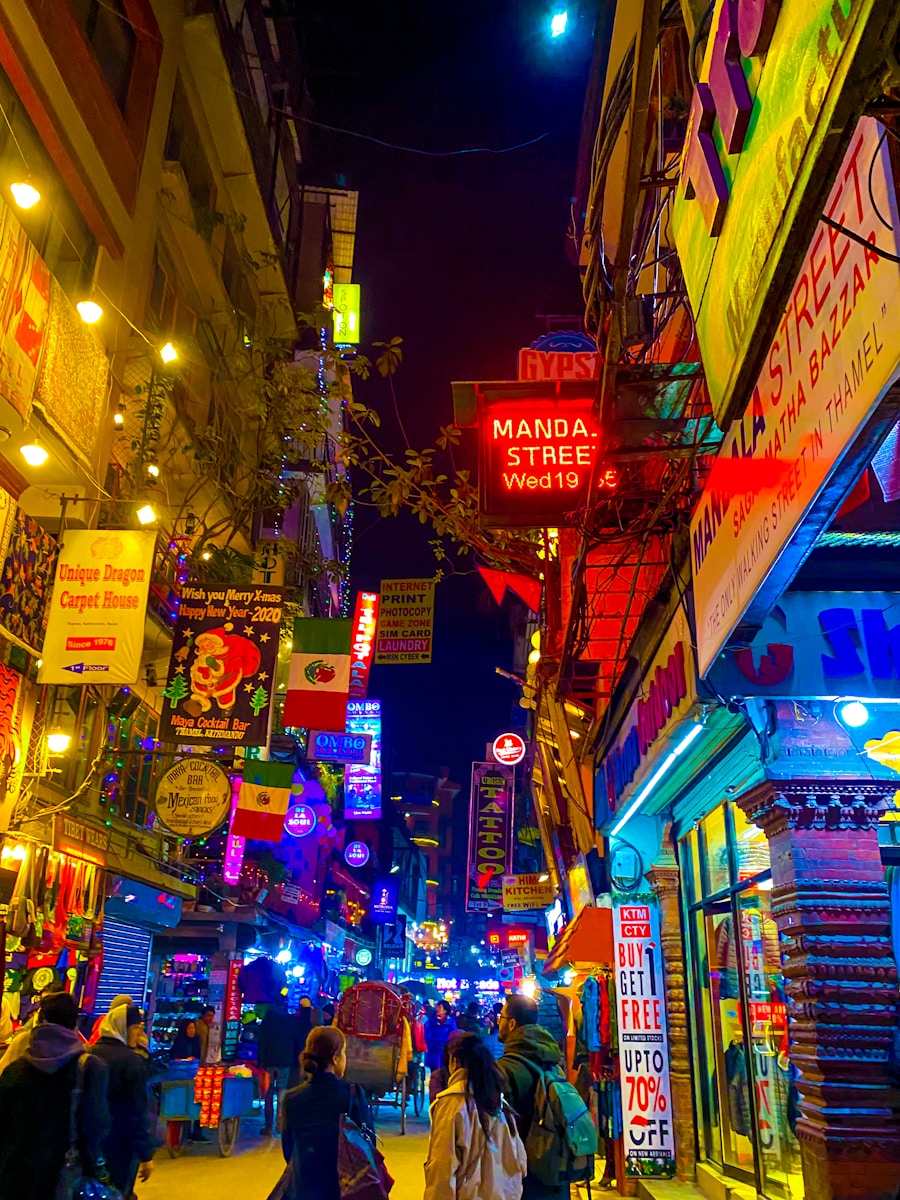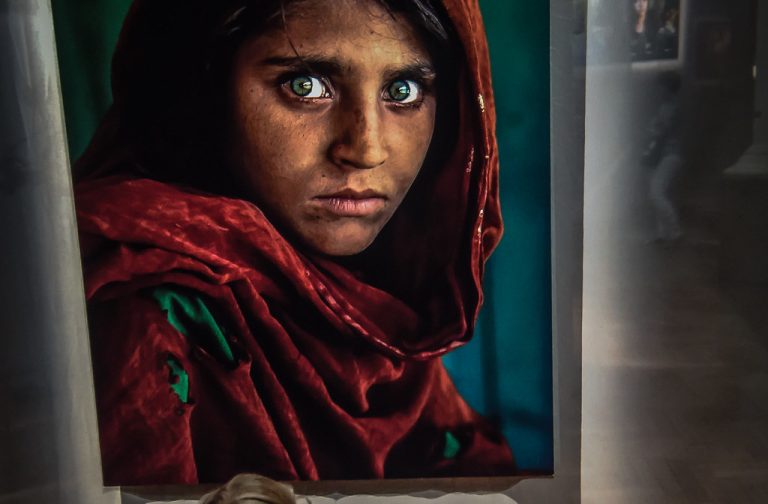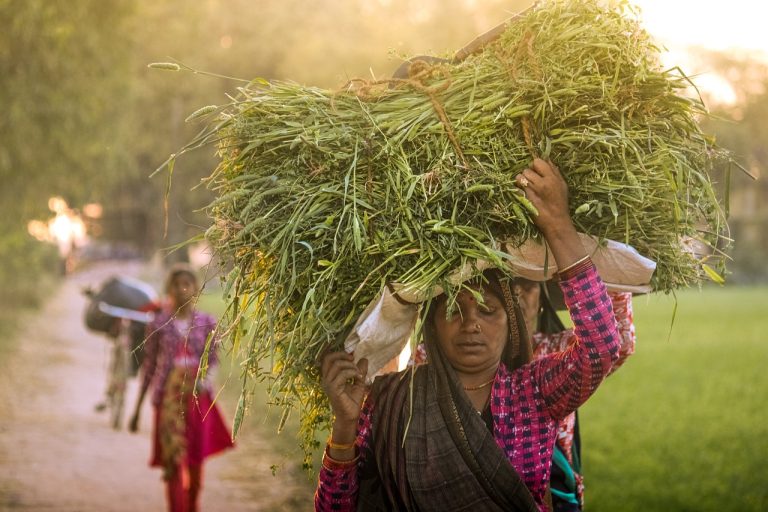World Cities Day 2024 in Nepal: Building Sustainable, Resilient and Inclusive Urban Futures
World Cities Day, celebrated each October 31, highlights the need for sustainable urban development worldwide. In Nepal, this observance underscores local efforts to create cities that support environmental, social and economic growth while balancing urbanization with traditional lifestyles. This year’s theme, “Act Local to Go Global,” aligns well with Nepal’s vision of a balanced and prosperous national urban system by 2031, known as Vision 2031.
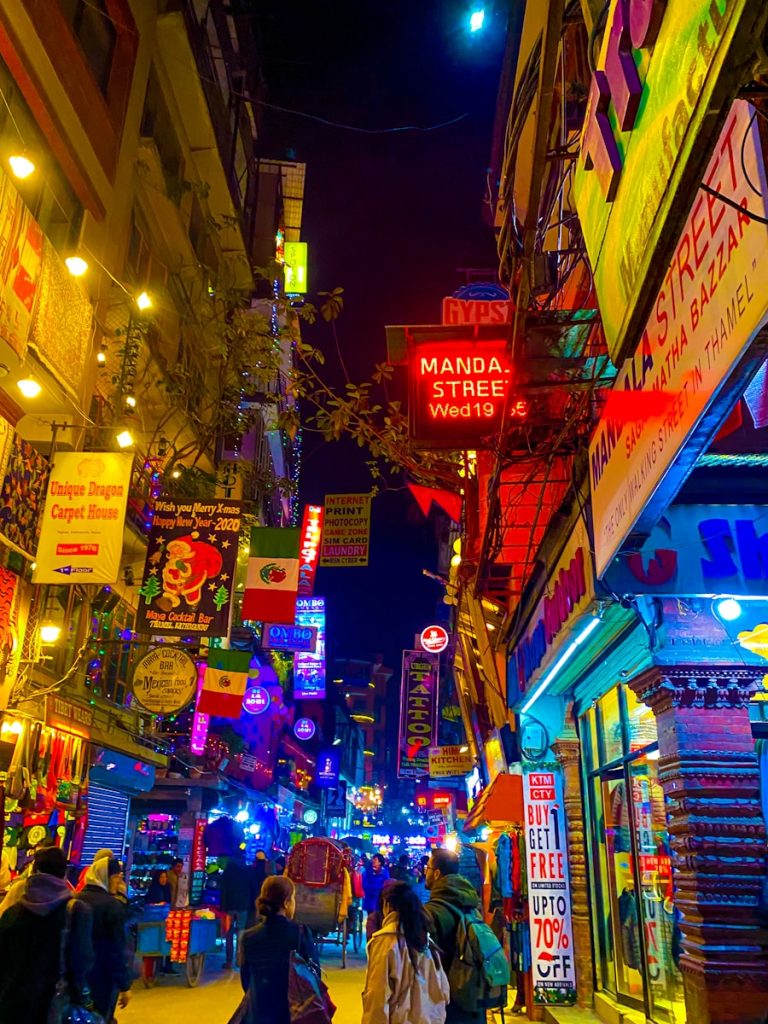
Read Also : World Habitat Day: Exploring Nepal’s Urbanization from DEGURBA
Vision 2031: A Balanced and Prosperous Urban Future
Vision 2031 serves as a roadmap for Nepal’s urban transformation, focusing on achieving a consolidated milestone for balanced and prosperous urban development. The framework addresses:
- Five-Year Milestone: Establishing policies, plans and guidelines to enhance investment in urban development.
- Ten-Year Milestone: Operationalizing urban projects with strengthened connections between urban and rural areas.
- Fifteen-Year Milestone: Achieving urban centers with improved infrastructure, vibrant economies, and a healthy environment.
Read Also : Enhancing Disaster Preparedness: International Day for Disaster Risk Reduction
This vision aims to improve physical infrastructure, urban living standards and citizen perception of life quality through coordinated efforts in sectors such as transport, health, education and environmental management.
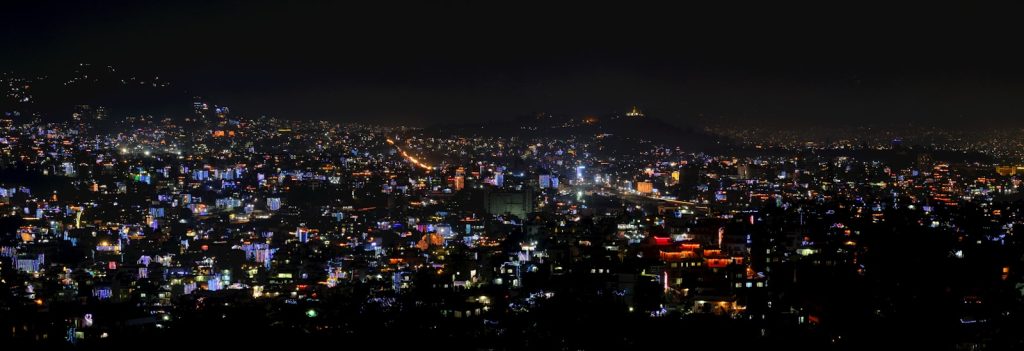
Collaborative Efforts: MOUD/DUDBC, Municipalities, UN-HABITAT and more..
In Nepal, the Ministry of Urban Development (MOUD) leads urban planning, with the Department of Urban Development and Building Construction (DUDBC) functioning under it. Municipalities play a key role in implementing urban policies at the local level, also partnering with UN-HABITAT to promote sustainable city development. This cooperative structure enables Nepal to work toward SDG 11—creating safe, inclusive, resilient and sustainable cities.
Nepal’s Smart City Approach: A Modern Urban Transformation
Aligned with Vision 2031, Nepal’s Smart City initiatives are focused on using technology to improve urban management and public services. These efforts in cities such as Kathmandu and Bharatpur include:

- Smart Infrastructure: Development of digital infrastructure for improved connectivity and access to services.
- Sustainable Energy: Energy-efficient lighting and clean energy usage to reduce urban pollution.
- Advanced Waste Management: Smart waste collection systems to maintain cleaner city environments.
Read Also : SMART CITY: CONTEXT OF NEPAL
These smart city projects contribute to Nepal’s goal of building livable, efficient and resilient urban centers.
Key Themes of World Cities Day in Nepal: Local Actions for Global Impact
World Cities Day celebrations in Nepal emphasize:
Read Also : Rural-Urban Transition Management: A Case of Patan Municipality, Baitadi
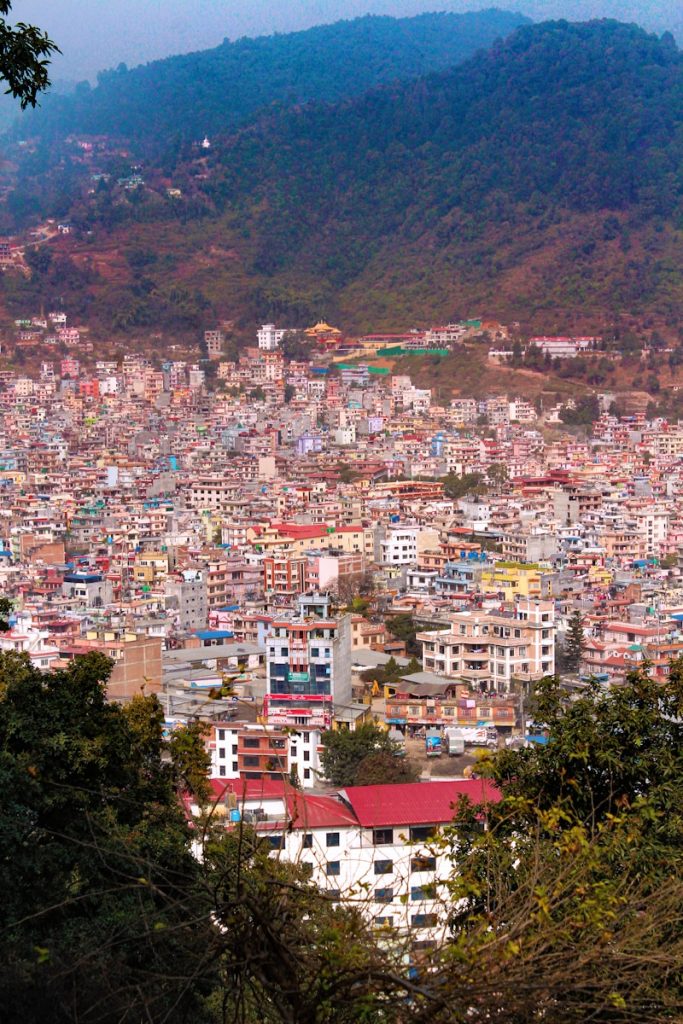
- Affordable Housing: Creating housing that meets the needs of Nepal’s growing urban population.
- Sustainable Public Transport: Expanding eco-friendly transport options to reduce traffic and emissions.
- Green Spaces and Public Areas: Enhancing public spaces to foster community engagement and urban greening.
- Disaster Resilience: Developing resilient infrastructure to protect against natural hazards like earthquakes and floods.
Community Engagement and Citizen Contributions
Nepali citizens can support urban sustainability by:
Read Also : Role of Human Settlement Development in National and Local Economy of Nepal
- Promoting Eco-Friendly Practices: Using bicycles, carpooling and advocating for clean public transport.
- Engaging in Community Development: Supporting local clean-up drives and waste-reduction initiatives.
- Encouraging Inclusive Policies: Advocating for equal access to urban resources to foster inclusivity.
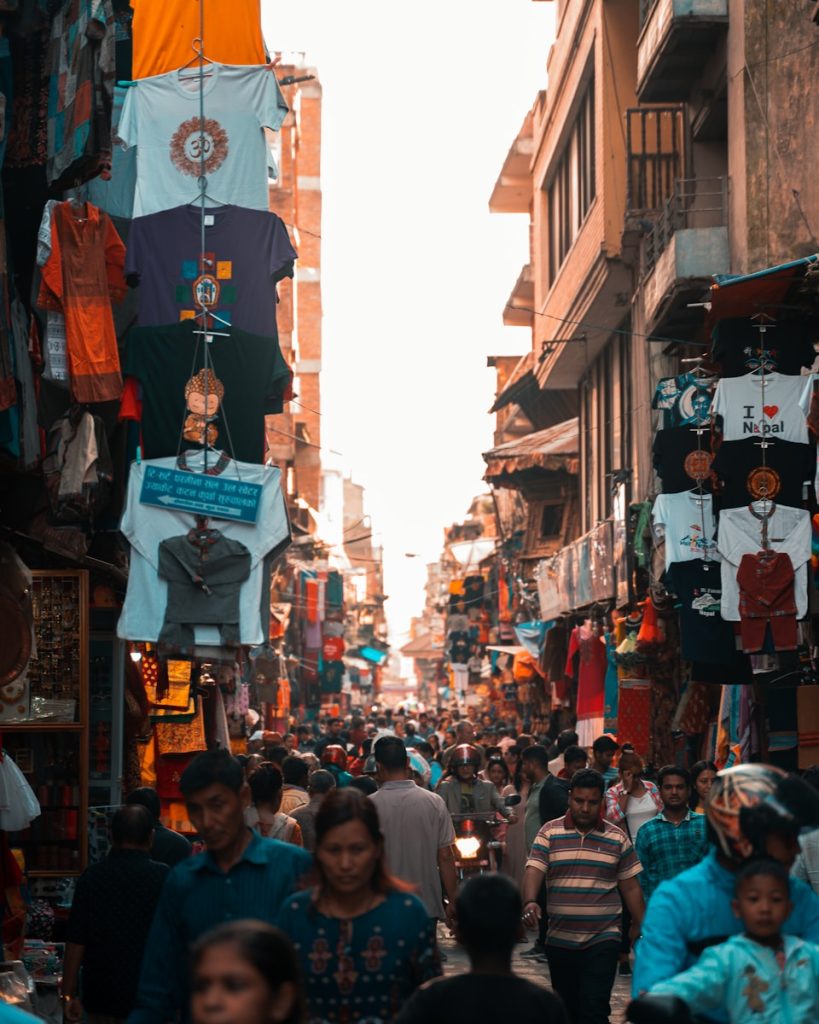
Nepal’s Vision for the Future: A National Commitment to Sustainable Urban Living
World Cities Day in Nepal reflects the country’s commitment to sustainable and inclusive urban development. By aligning local actions with Vision 2031 and SDG 11, Nepal aims to create urban environments that are not only livable but resilient, modern and prosperous. As Nepal’s cities evolve, their growth serves as a testament to the country’s dedication to a sustainable and balanced urban landscape for future generations.

